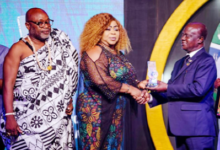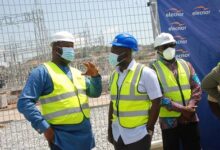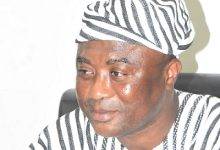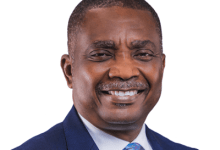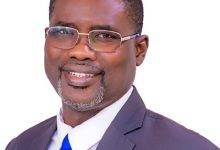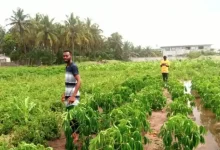
A framework to enhance police-media relations and safety of journalists has been developed.
It was developed by the Media Foundation for West Africa (MFWA), National Media Commission (NMC), Ghana Journalists Association (GJA), Ghana Independent Broadcasters Association, Ghana Community Radio Networks, Editors Forum Ghana, Private Newspapers Publishers of Ghana (PRINPAG), and Ghana Institute of Journalism in collaboration with the Ghana Police Service.
Launched in Accra yesterday, it proposed the establishment of a Police-Media National Committee to address complaints against media and police personnel to foster good relations between the two bodies.
The framework further spells out modalities for greater cooperation between the police and the media as well as complaints settlement mechanisms and procedures.
In ensuring that complaints were addressed appropriately, it also urged the Police Service to set up a complaints desk to receive all complaints of violations against journalists while police officers who have concerns about a media publication to make a report to the Public Affairs Directorate of the Police.
In addition, the framework highlights the responsibilities of both the police and the media and necessary actions for improved relations between the two bodies.
Discussing the document, Professor Kwame Karikari, Lead Consultant of the Framework Development, said, despite the freedom of expression provision in Ghana’s constitution, journalists were exposed to challenges including physical attacks and threats in the discharge of their duties.
This, he said, was further compounded by challenges in attempts to punish perpetrators of violations against journalists stating that it was crucial to build and nurture a mutually respecting and re-enforcing relations between the media and the police, which was an important agency for the fight against impunity.
“This can only be attained when the two parties have a deeper understanding of how they can co-operate and collaborate to support the fundamental human right of freedom of expression. The work of journalists and police share the common object of providing public service.
It is therefore in the best interest of the public and in the mutual interest of the police and the media that, the relations between the two institutions are cooperative, harmonious and devoid of tensions, mistrust and suspicion,” he added.
Inspector General of Police (IGP) James Oppong-Boanuh, in a statement read on his behalf, said the police and media were vital to the country’s peace and security due to the work they do in providing information to the public and protecting lives and property.
He said it was imperative the two bodies work together and find a common ground, resolve differences when they arise and advance Ghana’s democracy.
Kofi Yeboah, General Secretary of GJA, called for effective implementation of the framework and consider redeveloping it as a curriculum for use in the training of police and journalists.
Netherlands Ambassador to Ghana, Ron Strikker, called for continuous dialogue between the two bodies to spur understanding of the operational mode of both the police and the media.
President of Private Newspaper Publishers Association of Ghana (PRINPAG) cautioned that the Association would call for a media blackout on the police if concerns of journalists are not resolved when reported.
He said that any blackout was to serve as a wake-up call to compel the Police to ensure the protection of journalists in the country.
BY CLAUDE NYARKO ADAMS

